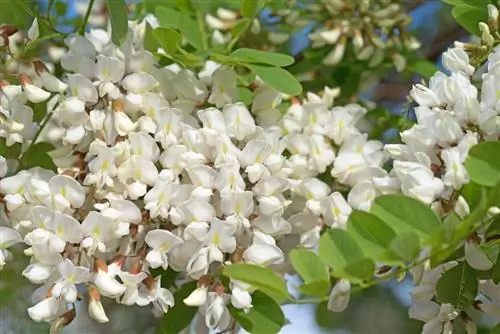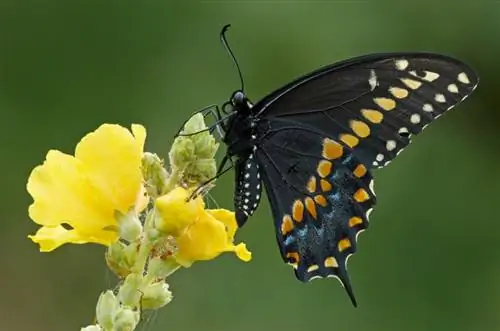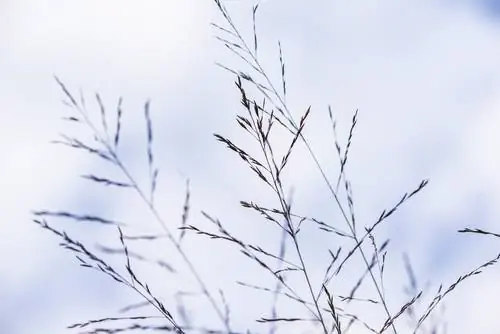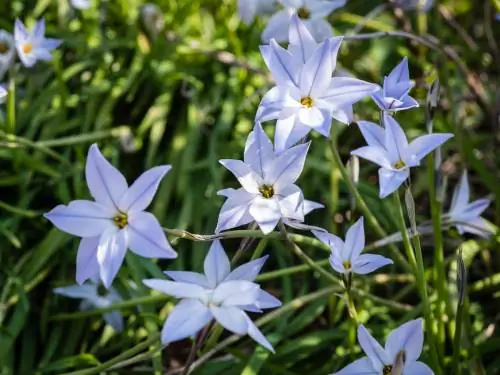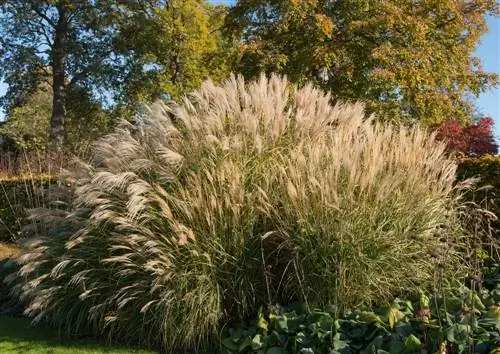- Author admin leonars@hobbygardeners.com.
- Public 2023-12-16 16:46.
- Last modified 2025-01-23 11:21.
Do you want an easy-care deciduous tree for your garden that provides beautiful accents with its flowers? Then a robinia is just the thing. In early summer from May to June, bright white umbels hang on the branches and provide a great contrast to the green leaves. In addition, the robinia has numerous other benefits thanks to its flowers. Find out more below.
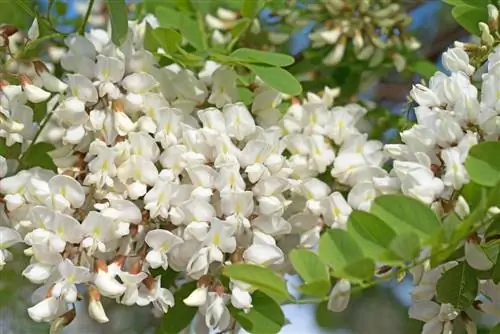
When does the black locust bloom and what use does its flower have?
The robinia flowers appear from May to June in bright white umbels that exude an intense bergamot scent. Due to its medicinal properties as ointments, juices or tinctures, it is used in various applications and also serves as an important insect pasture and nectar source for beekeepers.
Characteristics of the Robinia flower
- Flower color: white
- Flowering period: May to June
- Shape of inflorescences: raceme
- 10-25 flowers make a cluster
- Length of flower clusters: 10-25 cm
- Growth habit: hanging down
- Butterflies
- Reproduction by insects
Using the robinia flower
All parts of the tree except for the robinia flower are poisonous to people and animals. For this reason, the flower in particular is used in everyday life. This is how you can use the robinia blossom:
Application in medicinal medicine
Ointments, juices and tinctures are made from the flowers of the robinia. These have the following effectiveness:
- antiviral
- laxative
- bilious
- softening
- antispasmodic
- diuretic
- tonic
- and anesthetic
The robinia as an insect pasture
In addition, the robinia flowers exude an intense scent of bergamot. This means they attract many insects, which is why the deciduous tree is ideal as an insect pasture. This immediately promotes the spread of the plant, as the nectar and anther ripen at the same time and pollination can take place. Have you ever tried the delicious acacia honey? Black locust trees are known for their generous nectar production, which is valued by beekeepers and bees alike.
A robinia enriches your garden both visually with its bright white flowers and as a useful deciduous tree that serves as a food source for insects.

